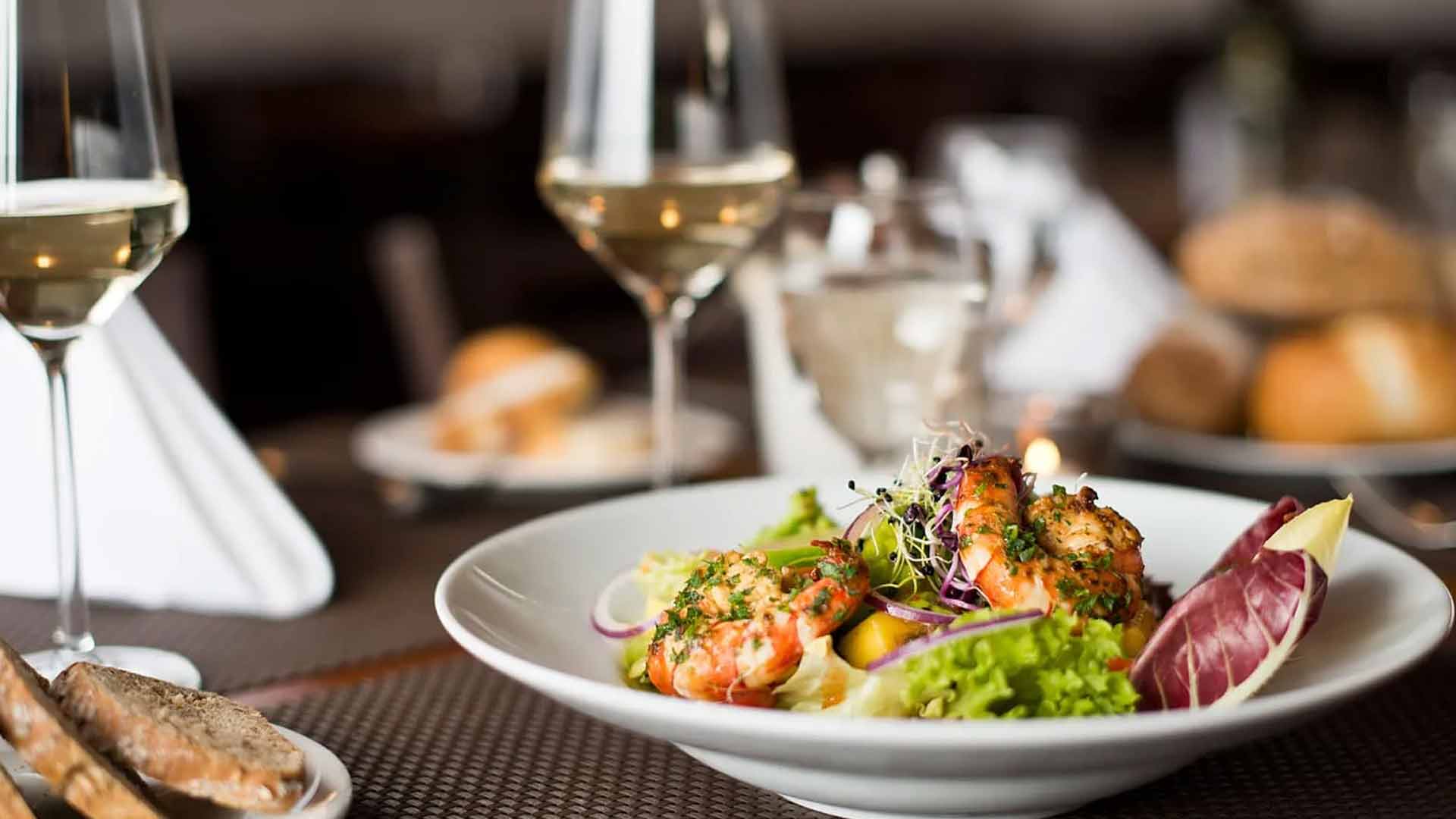Edible Echoes of the Past

Edible Echoes of the Past: Unearthing Culinary History Through Food
Food. It's more than just sustenance; it's a living, breathing chronicle of human history. Each dish, each ingredient, whispers tales of civilizations risen and fallen, of trade routes forged, and of cultures colliding. Exploring "Edible Echoes of the Past" allows us to not only savor delicious flavors but also to connect with our ancestors and understand the intricate tapestry of human experience.
One of the most compelling ways to delve into culinary history is through historical cookbooks. These aren't just collections of recipes; they are windows into the lives of people from different eras. They reveal what ingredients were available, how they were prepared, and even what values were held by the cooks and their families. Analyzing these cookbooks can shed light on social hierarchies, economic conditions, and even religious beliefs.
Consider, for instance, the evolution of bread. From the unleavened flatbreads of ancient Mesopotamia to the sourdough loaves of the San Francisco Gold Rush, bread tells a story of agricultural innovation, technological advancement, and cultural adaptation. The simple act of baking bread became a staple and a symbol of community.
Beyond cookbooks, archaeological evidence provides invaluable insights into ancient diets. Analyzing food residue on pottery shards, examining skeletal remains, and studying ancient agricultural practices allows archaeologists to reconstruct the culinary habits of past civilizations. This information reveals not only what people ate but also how they obtained their food and how their diets affected their health and well-being.
For example, the discovery of ancient grains like quinoa and amaranth has revolutionized modern diets, providing nutrient-rich alternatives to common staples. These "lost foods" offer a glimpse into sustainable agricultural practices and the ingenuity of ancient farmers.
The spice trade, another fascinating area of culinary history, transformed global economies and cultures. Spices like cinnamon, cloves, and pepper, once worth more than gold, fueled exploration, conquest, and cultural exchange. The quest for spices led to the discovery of new lands and the establishment of global trade networks that continue to shape our world today. Finding rare and authentic ingredients from across the world can be challenging, thankfully websites dedicated to global restaurant listings make it easy to find restaurants offering historical meals.
Exploring Edible Echoes of the Past is not merely an academic exercise; it's a way to enrich our understanding of ourselves and our place in the world. By understanding the history of food, we can appreciate the diversity of human cultures, the ingenuity of our ancestors, and the interconnectedness of our world. It's also a reminder that food is not just about satisfying hunger; it's about community, celebration, and the preservation of traditions.
Furthermore, understanding the culinary history surrounding food allows individuals to further appreciate their own heritage. The stories and recipes passed down through generations create strong familial and cultural ties. Exploring these roots often unlocks a deeper understanding of personal identity.
Recreating historical recipes can be a fun and educational experience. It allows us to connect with the past in a tangible way, to taste the flavors that our ancestors enjoyed, and to understand the challenges and triumphs of their lives. However, it's important to adapt these recipes to modern ingredients and techniques, while remaining true to the spirit of the original dish. Consider the challenges of obtaining certain ingredients centuries ago and appreciate the ease with which we acquire them today.
In conclusion, the "Edible Echoes of the Past" offer a rich and rewarding journey through time. By exploring the culinary history of our world, we can gain a deeper understanding of ourselves, our cultures, and our place in the grand narrative of human existence. So, the next time you sit down to a meal, take a moment to consider the stories that are being told, the traditions that are being honored, and the echoes of the past that are being tasted.
```